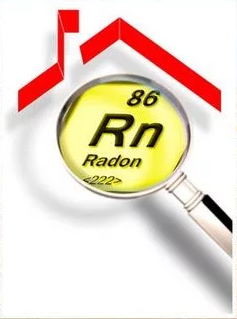News

The only way to determine indoor radon concentration is by measuring it, however, radon levels fluctuate day to day and month to month, but it can be detected easily and this is why CRHA are testing their homes. CRHA are working in partnership with the United Kingdom Health Security Agency (UKHSA) and will commence a testing cycle in homes to evaluate radon levels. Most CRHA homes already have some form of radon mitigation measures, however, if a test highlighted that we need to do more in a particular property then we would take necessary steps. Testing will commence in areas where there are elevated radon levels suspected and our customers will be provided with radon sensors to temporarily monitor levels.
It's important to note that many homes in radon-affected areas, particularly newer ones, may not experience issues. Radon levels can be influenced by various factors, so even if neighbouring properties exhibit high readings, your home may not be affected.
Should the radon level in one of our homes warrant action, we will install measures such as sumps and pumps to help mitigate it. We will guide our customers through each step and address any questions raised during installation.
For comprehensive information on the formation of radon gas and effective measures to reduce its presence in homes, please visit the UK Radon website - www.ukradon.org.

